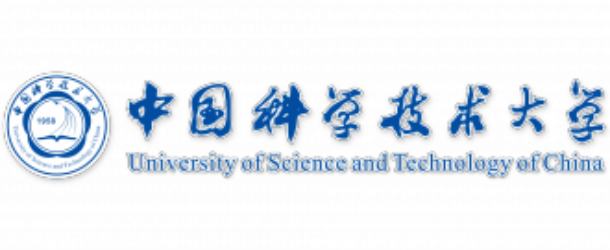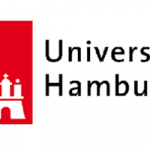Did China demonstrate ‘computational quantum primacy’ in both photonic & superconducting systems & does it matter?

(NetworkWorld) The ongoing competition among nations and corporations (such as Google and IBM) to demonstrate quantum primacy has shifted to a university in China where not one, but two experimental quantum computers reportedly have shown that quantum primacy is attainable.
What Barry Sanders, director of the Institute for Quantum Science and Technology at the University of Calgary in Canada, calls a “dramatic tour de force” (his italics), research teams at the University of Science and Technology of China “may have established a hard-to-question advantage by demonstrating quantum primacy in two separate systems: one photonic, the other superconducting.”
Sanders explained recently APS Physics, “Quantum primacy is the goal of showing that a programmable quantum computer solves a computational problem that is currently infeasible for nonquantum, or “classical,” computers. Impressive recent experiments led to claims that this point has been reached, but they prompted debates on whether the demonstrated quantum computation was truly beyond the reach of existing classical computers. It has been suggested, for example, that these experiments didn’t involve a comparison with the best possible classical algorithms or implementations”.
The two major results by the Pan group push experimental quantum computing to far larger problem sizes, making it much harder to find classical algorithms and classical computers that can keep up. The results take us further toward trusting claims that we have indeed reached the age of computational quantum primacy.























